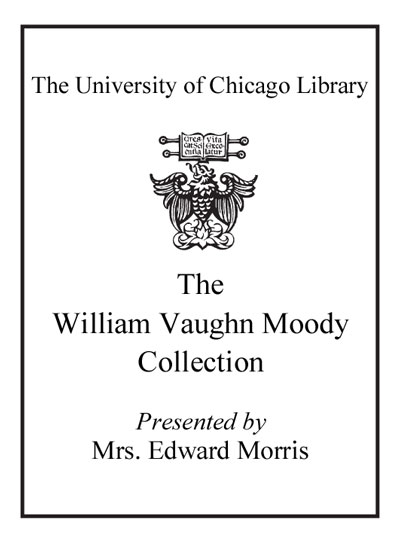Review by Choice Review
Writing this book necessitated, Bradley (Univ. of Colorado, Boulder) writes, "imaginatively projecting a nation on the page." Though his familiarity with Ellison (he coedited, with John Callahan, Ellison's second novel, the unfinished Three Days before with Shooting, 2010) leaves him in a privileged position, his is a minority report. His argument makes sense--"It is impossible to understand Ellison's evolution as an author ... without considering the numerous manuscripts of his [second] novel in progress as they evolved over the decades"--but does not persuade. Bradley never surmounts the dominant theory, which is that Ellison did not publish the book because during his later years--when he lived through balkanized ethnic politics, neoconservatism, and the global loss of American prestige--he could not maintain the optimism about American identity he embraced on the cusp of the Brown decision. Bradley hedges his bet in asserting that "as long as the novel remained in progress, [Ellison] could comfortably sustain [such] indeterminacy" and that the "discrete textual decisions, once made, would have resulted in the loss of "the freedom he seems to have found in the open-ended manuscript." This notion flatters but incompletely explains a fine writer who seems to have lost his way. Summing Up: Optional. Graduate students, researchers, faculty. L. P. Jackson Emory University
Copyright American Library Association, used with permission.
Review by Booklist Review
*Starred Review* Bradley, a coeditor of Ellison's unfinished novel, Three Days before the Shooting, plumbs the long and arduous process Ellison employed in writing the highly acclaimed Invisible Man and his failure to complete his second novel. Bradley begins in the 1990s with Ellison's efforts to finish his second novel and moves backward through a promising career that saw huge changes in American racial politics and publishing. Ellison, who died in 1994, was one of the first major American writers to go digital, switching to a computer in 1982. Bradley argues that the move, rather than improving Ellison's productivity, only created more opportunities for revisions for an obsessive perfectionist. Sifting through 27 boxes of archival material, Bradley found evidence that Ellison's delays were less about psychological blocks (a 1967 fire destroyed much of his work) than artistic angst. Bradley compares the creation of both novels and Ellison's choices of plot and character development, reflecting Ellison's own struggles to come to terms with racial identity and individualism. This book adds enormously to the great pastime of analyzing why Ellison never finished his second novel and why he remains an acclaimed and enduring figure in American literature.--Bush, Vanessa Copyright 2010 Booklist
From Booklist, Copyright (c) American Library Association. Used with permission.
Review by Choice Review
Review by Booklist Review

